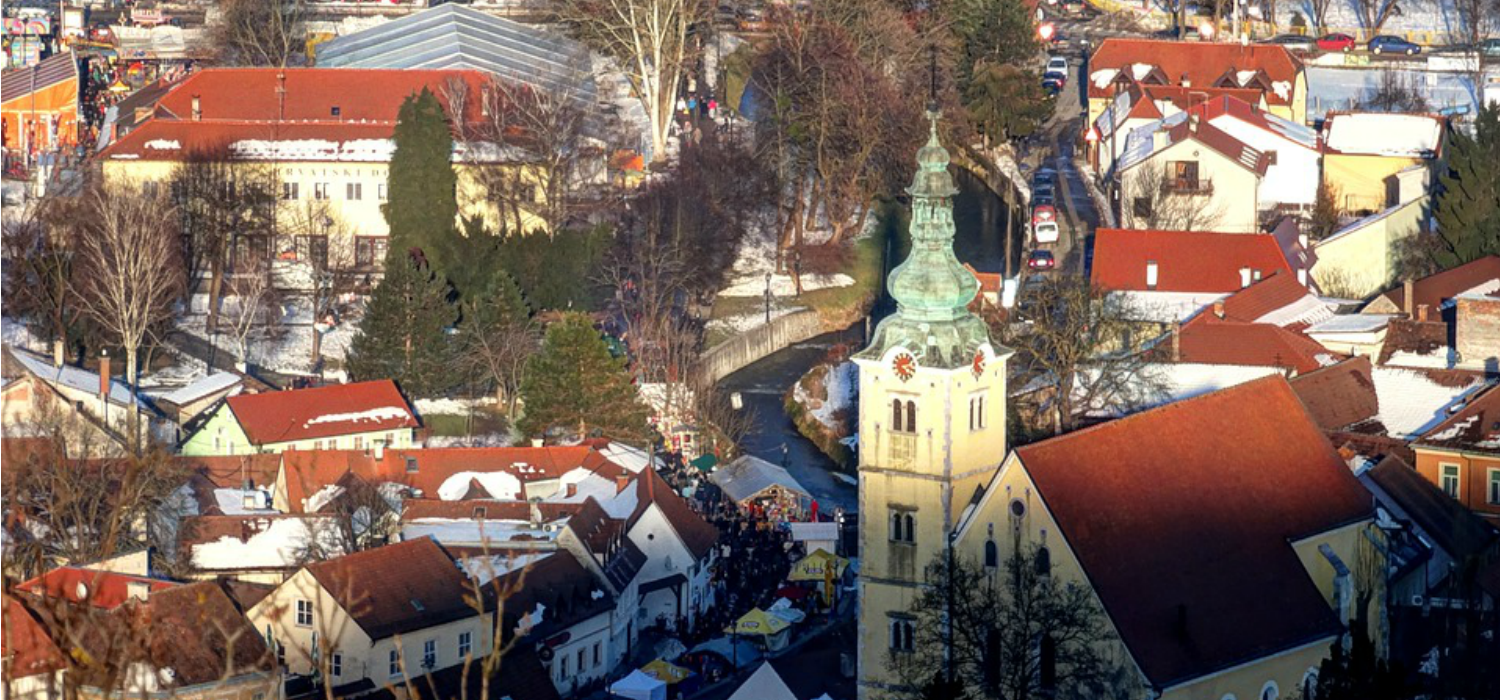The Hearing comes at a time when there is great peril for the people of Lithuania, Estonia and Latvia. Soviet troops seized government buildings the aforementioned countries. The Baltic Military Personnel Unit has been reactivated to curb Soviet troop presence.
The Baltic States have undergone immense destruction wrought by the hand of force from Moscow.
The hearing will attempt to underscore the importance of American presence in the Balkan region.





